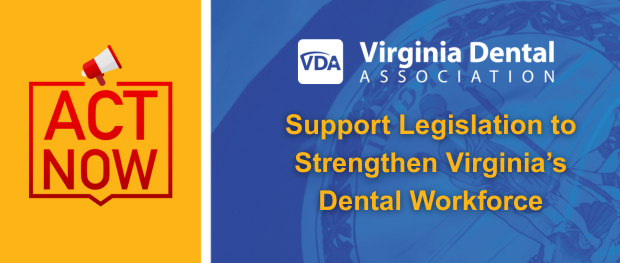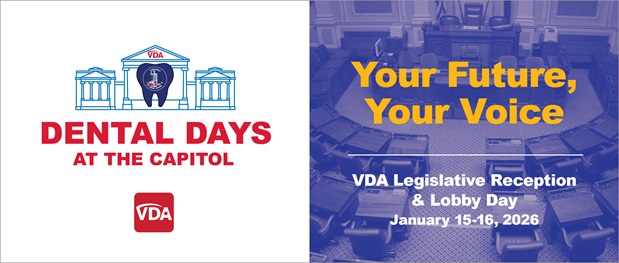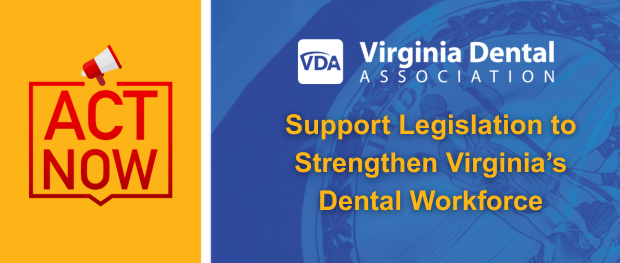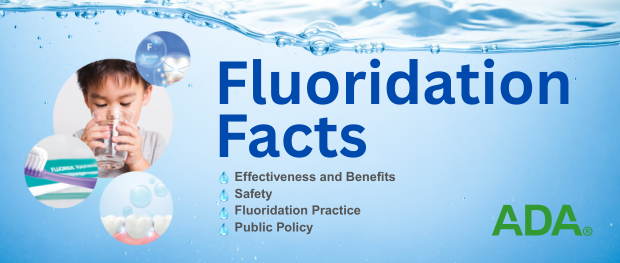ADA Sets Record Straight on Status of Petition to FDA Regarding SmileDirectClub
The American Dental Association (ADA) believes the public has a right to accurate information concerning the status of its pending citizen petition submitted to the U.S. Food and Drug Administration (FDA) about SmileDirectClub, LLC’s direct-to-consumer plastic teeth aligner business. SmileDirectClub’s (SDC’s) inaccurate public statements that the ADA’s petition has been “shut down” or “dismissed” may deter customers who have experienced clinical problems in connection with SDC’s aligner “treatment therapy” from reporting their negative experiences to the FDA.
SDC’s public misstatements, including in its Oct. 4 press release, are apparently based on a May 30, 2019 letter from the FDA to the ADA. The letter, which can be viewed at the citizen petition landing page, did not reject or dismiss any substantive aspect of the ADA’s citizen petition. The FDA’s letter explains:
“We appreciate the information [the ADA] provided. Such information is often helpful for us to identify problems with marketed products and possible violations of the laws and regulations that we enforce. We take complaints seriously and we will evaluate this matter to determine what follow-up action is appropriate.”
The letter further explains that the FDA does not initiate enforcement actions on behalf of petitioners. Instead, the FDA reviews the submitted evidence and decides for itself what action to take. All substantive issues raised by the ADA’s citizen petition remain fully before the FDA at this time. The comment period for the public to address the petition and for the ADA to supplement the petition is open until Oct. 22 at 11:59 pm.
Further proof of the continuing pendency of the ADA citizen petition is SDC’s acknowledgement of it in the “Risks Related to Legal and Regulatory Matters” section of SDC’s August 12, 2019 S-1 filing with the U.S. Securities and Exchange Commission. Had the FDA dismissed the ADA’s citizen petition, there would have been no reason for SDC to mention the petition in its securities filing, and certainly not to identify the regulatory proceeding as one of SDC’s existing “risks.”
The ADA submitted its citizen petition and a complaint letter to the Federal Trade Commission’s (FTC) Bureau of Consumer Protection out of concern for public safety and customer recourse in the event of negative outcomes from SDC’s orthodontic “treatment therapy.” Plastic teeth aligners are designated by the FDA as a Class II medical device requiring a prescription. The ADA believes SDC is placing the public at risk by knowingly evading the FDA’s “by prescription only” restriction.
In lieu of having dentists review patient dental records or perform any sort of patient exam (whether using teledentistry or otherwise) before prescribing orthodontic treatment, SDC instead requires customers to self-report their dental condition. As the ADA explains in its citizen petition, customer self-reporting does not meet the applicable standard of care because it does not satisfy a dentist’s requisite professional due diligence. Put simply, SDC and the small number of “SDC-affiliated” dentists have no way of knowing whether a lay consumer’s self-reported dental condition is accurate, informed, or true in any respect.
Moving teeth without knowing all aspects of a patient’s oral condition has the potential to cause bone loss, lost teeth, receding gums, bite problems, jaw pain, and other issues. Despite these potentially serious outcomes, SDC requires its customers to hold the company harmless from any negative consequences, as the ADA points out in its FDA citizen petition and FTC complaint letter.
In addition to these public health concerns, the ADA’s letter to the FTC cited various SDC practices the ADA believes to be deceptive under section 5 of the Federal Trade Commission Act, including:
- Informing purchasers they have recourse against SDC via arbitration, when the same document includes a “small print” provision obligating the customer to waive any and all rights the customer “or any third party” may have against SmileDirectClub.
- Soliciting customers by claiming that SDC aligners will correct their overbite, underbite, and crossbite conditions, or their “extreme” malocclusion. But after customers complain about poor clinical outcomes, SDC invokes other documents stating that its aligners cannot treat bite conditions at all and can only treat mild to moderate teeth misalignment, not “extreme” misalignment.
- Claiming that SDC customers receive the same level of dental/orthodontic care as actual dental patients, when in fact SDC and its affiliated dentists provide virtually no care and, contrary to its claims, SDC does not use teledentistry.
The ADA considers it our public duty to make the relevant regulatory agencies aware of these facts, so those agencies can be fully informed and consider whatever actions they deem appropriate.
The FDA’s MedWatch voluntary reporting form may be used by both consumers and health care professionals to report poor clinical outcomes associated with medical devices, including plastic teeth aligners. The FTC also offers consumers an online form to report complaints about unfair and deceptive business practices on its website.
Contact Information:mediarelations@ada.org









